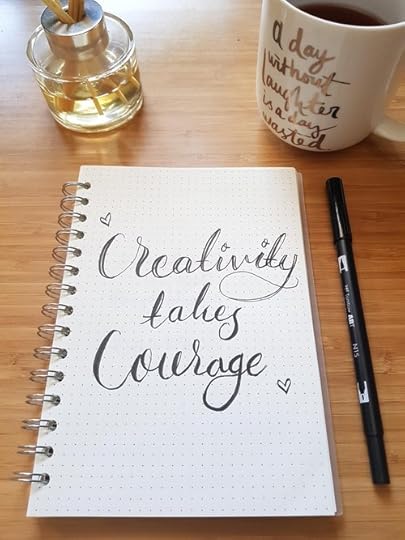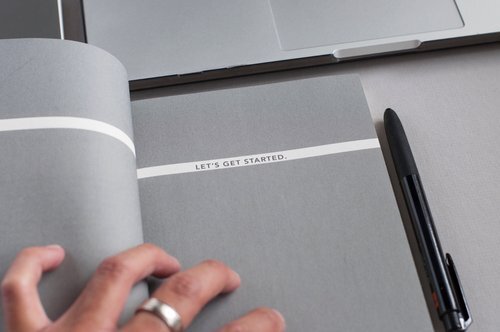10 Tips For Writing
This article provides tips on how to write faster and more efficiently. I found these tips to be helpful, but I don’t always use them when I write. But I wanted to share with you what I think could help you write faster, if not better.

Writing can be tedious. The process is long and drawn out. I promise you the tips I’m about to share will help you keep on track, but you always have a way of doing things the way you like.

1. Write first, edit later
As writers, we must resist from editing while we write. I know it’s hard. But resist. I’m telling you this, but it is hard because I find myself going back and editing or revising some things before I can get the entire draft written. But then I don’t churn out books once a year either. So that’s something to consider. Allow your mind the freedom to create the story. Once down, give your mind a rest and then think about how to edit and revise the story later.
2. Use a timer to keep track of your writing time
Use the Pomodoro method. I’ve used the technique many times. Set a timer and get out as many words as you can in whatever time you set in the timer. I believe it’s 25-minute increments with five-minute breaks between the 25 minutes. This may be the trick to help you write faster as you know you’re writing against the clock.
3. Keep a “to-write” list for when you have writer’s block
I do this often. When I sit down at the computer, I have an idea of what I need to write.
4. Write in chunks, rather than writing for hours on end
Some days I write 100 words and other days I write 500 to 1000 words. I break up that time. It depends on what I have going on in other areas of my life. I have to break it up.
5. Get up and take regular breaks to get your blood flowing again
This is the same as breaking your writing up into chunks. If your mind gets stuck on a storyline, focus on other things. I will go watch a movie or a television show. Work on another project, take a walk or if one of my children is home, I will talk with them. Anything to take my mind off the writing process. I have also allowed this step to interrupt my flow. Sometimes it will be days or weeks before I go back to writing. Not because of writer’s block, but because I just don’t feel like writing. Excuses, I know. But this is the life of a real creative writer. No sugar coating here.

6. Minimize distractions like social media and email alerts.
So this one isn’t that hard. If you have an iPhone, you can set a focus time and it will block out everything coming into your phone. Not just social media or email alerts, but text messages, too. I have a focus set for when I record my videos for YouTube. I also set it at night sometimes when I don’t want to get text messages while I’m asleep. This is a great feature. But if you don’t have this on your phone, you have to stay away from these platforms and from checking email. Make the time to sit and write without any distractions. You will thank yourself later when you have a completed draft.
7. Plan out what you want to write before you start writing it.
Are you a planner/plotter or are you a pantser? What’s the difference? Planner/plotters outline their manuscript from beginning to the end. Every chapter, every scene. Then all they have to do is write. Pantsers they might do a loose outline, but mostly they just write and let the story take them whatever it takes them. I do both. Plan my stories. I jot the down the essence of each chapter with some light thoughts about what is happening in each scene. And then I let the pantser fly off. Depending on what’s going on in the scene, I could see an opportunity to expand the scene into the multiple scenes and/or introduce new characters. Or what ever is needed to make the story work.
8. Establish specific goals for each day of the week and make sure you’re meeting them.
Yeah, I don’t do this. I just know I need to sit down and get to writing. I have a full-time job along with writing. If writing is your career and you’re getting paid to do it, then you already know what’s up.
9. Write in a more conversational tone than a formal tone.
Write in your tone. Find your voice. Find your style. Find how you like to write. I will say, I am of the school of no adverbs in creative writing. Adverbs do not show, they tell.
10. Find someone else to write with.
Depending on what kind of piece you’re writing will depend on if you want a co-author. The only creative written work I’ve co-authored was a poetry book.

I’ve decided even though these are good tips. They will work for some people, but in the end, it’s just a matter of doing what is best for you. The most important thing is to do it. GET TO WRITING!
(PS. My non-fiction book Get to Writing will drop soon. Lol. Seriously. I’m writing it now.)



